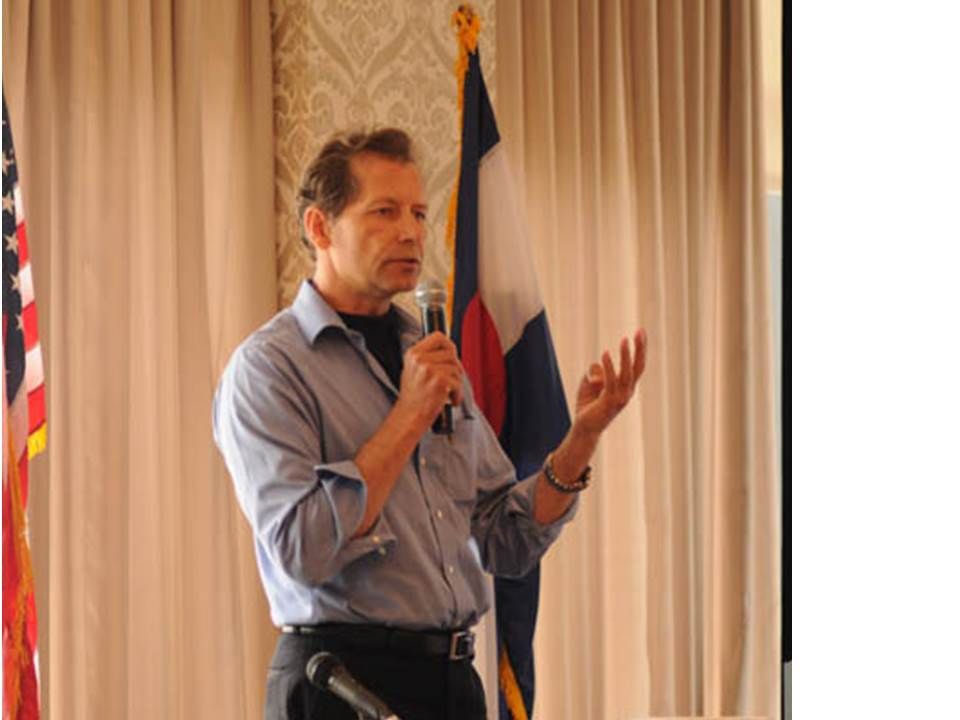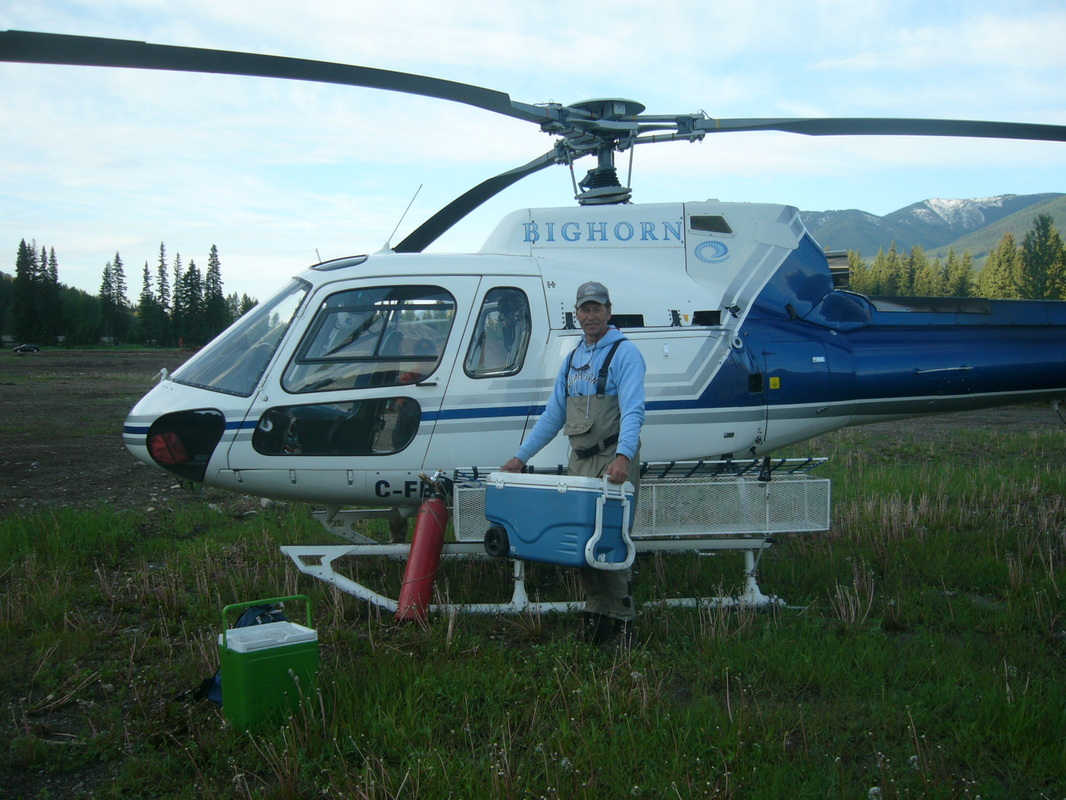|
Welcome to the Genesis Environmental Sciences Website.
Genesis Environmental Sciences Ltd. is a personal service environmental science consulting company that specializes in environmental forensics, site and incident investigations, research and training, environmental Law enforcement training, environmental assessments, environmental project management, regulatory program development and implementation and expert witness services. I have provided these services and training to Canadian federal and provincial agencies, as well as many countries, and educational institutions for over 30 years. |
I have written numerous technical papers on environmental investigations and protocol and provided courses and forensic manual development for such agencies as the Australian Antarctic Division, Tasmanian Dept. of Environment, USEPA, various countries in Asia, Mexico and the international police organization INTERPOL.
I also specialize is training for environmental monitoring, evidence and/or data collection for Aboriginal/First Nation, college/university staff and students wishing to go into environmental law enforcement or to develop staff to be able to manage environmental issues on band/territorial lands.
I have also managed large complex projects which include specific site and/or watershed assessments and environmental project co-ordination many of which involve complex civil and criminal law issues or federal and provincial permitting.
I would be pleased to work with you on your environmental science, training and environmental law enforcement needs.
Yours truly
Peter K. Krahn, P. Eng.
cell 778 870 3241
e-mail [email protected]
I also specialize is training for environmental monitoring, evidence and/or data collection for Aboriginal/First Nation, college/university staff and students wishing to go into environmental law enforcement or to develop staff to be able to manage environmental issues on band/territorial lands.
I have also managed large complex projects which include specific site and/or watershed assessments and environmental project co-ordination many of which involve complex civil and criminal law issues or federal and provincial permitting.
I would be pleased to work with you on your environmental science, training and environmental law enforcement needs.
Yours truly
Peter K. Krahn, P. Eng.
cell 778 870 3241
e-mail [email protected]
Environmental Forensics Training.
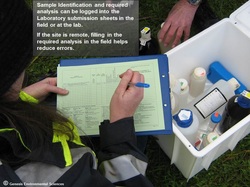
Environmental Forensics involves the synthesis of various sources of information from environmental samples, analytical results, photographs, witness statements, industrial plans and schematics, geosciences, hydrology, chemistry, biology and physics to establish an environmental civil or criminal law case.
The course has an emphasis on sample and physical evidence collection, witness interviewing skills, data and evidence evaluation and presentation formats and strategies.
Training is provided to Federal, Provincial, State or Municipal Agencies and post secondary schools.
The course has an emphasis on sample and physical evidence collection, witness interviewing skills, data and evidence evaluation and presentation formats and strategies.
Training is provided to Federal, Provincial, State or Municipal Agencies and post secondary schools.
Environmental Law Enforcement Training
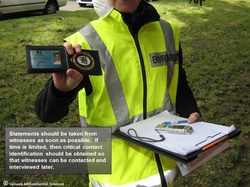
Environmental Law Enforcement involves the use of police and legal investigative techniques such as surveillance, interview skills, intelligence gathering, planning and executing search warrants, continuity of evidence procedures in environmental sampling, procuring and managing circumstantial and expert witnesses.
Environmental law enforcement also involves regulatory development, inspection program development, evaluation of inspection criteria, compliance trend analysis, strategic enforcement initiative development and implementation.
It may also look at the relationships between economics and regulatory compliance.
Environmental law enforcement also involves regulatory development, inspection program development, evaluation of inspection criteria, compliance trend analysis, strategic enforcement initiative development and implementation.
It may also look at the relationships between economics and regulatory compliance.
Environmental Assessments
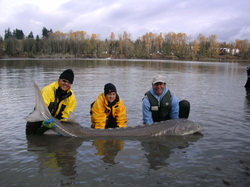
Environmental Assessments involves stage one to three assessment planning for non-legal and litigation assessments.
For legal investigations skills are required for gaining control of the site to prevent the loss of evidence and using visual observation, sampling techniques, and field equipment for testing and monitoring of the physical conditions and collecting evidence of the suspected pollutant.
Legal investigations, especially those carried out under a search warrant add significant elements of stress, duress and severe time limitations while at the same time adhering to the strict principles of continuity of evidence. Planning and execution of the tasks is critical.
For legal investigations skills are required for gaining control of the site to prevent the loss of evidence and using visual observation, sampling techniques, and field equipment for testing and monitoring of the physical conditions and collecting evidence of the suspected pollutant.
Legal investigations, especially those carried out under a search warrant add significant elements of stress, duress and severe time limitations while at the same time adhering to the strict principles of continuity of evidence. Planning and execution of the tasks is critical.
Expert Witness Services
|
Expert Witness Services involves taking the information collected in the field and compiling it into a comprehensive and clear format that is understandable to both the scientific and legal audience.
This usually involves writing expert witness reports or recruiting, supporting and managing experts in environmental litigation. It involves helping the legal community understand the technical issues, and preparing and supporting prosecutors or defense counsel in preparing for trial, A well prepared prosecution/defense brief often leads to early settlement of a litigation, greatly reducing costs and deployment of resources towards solving or improving the issue. |
